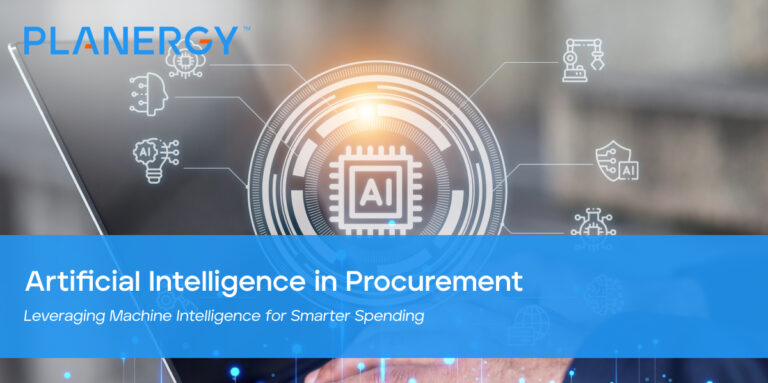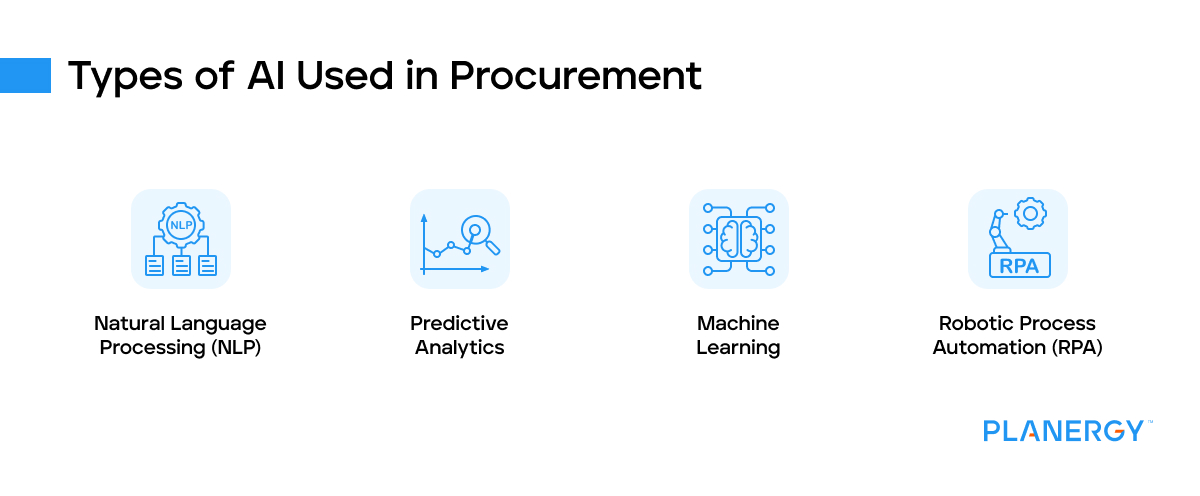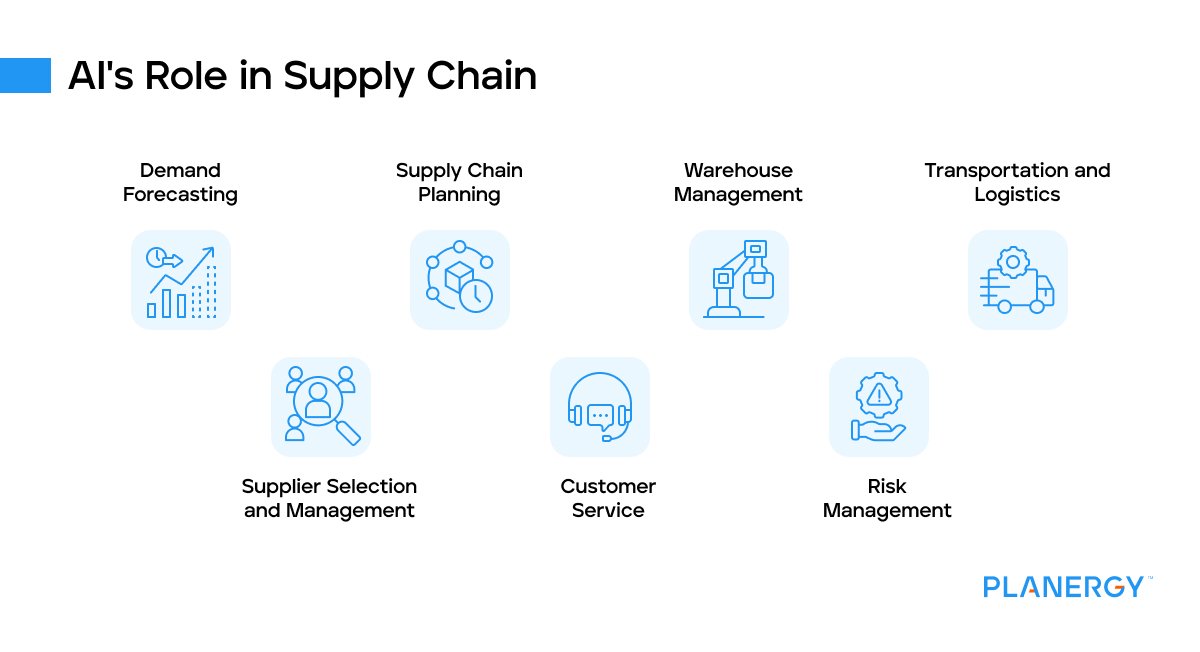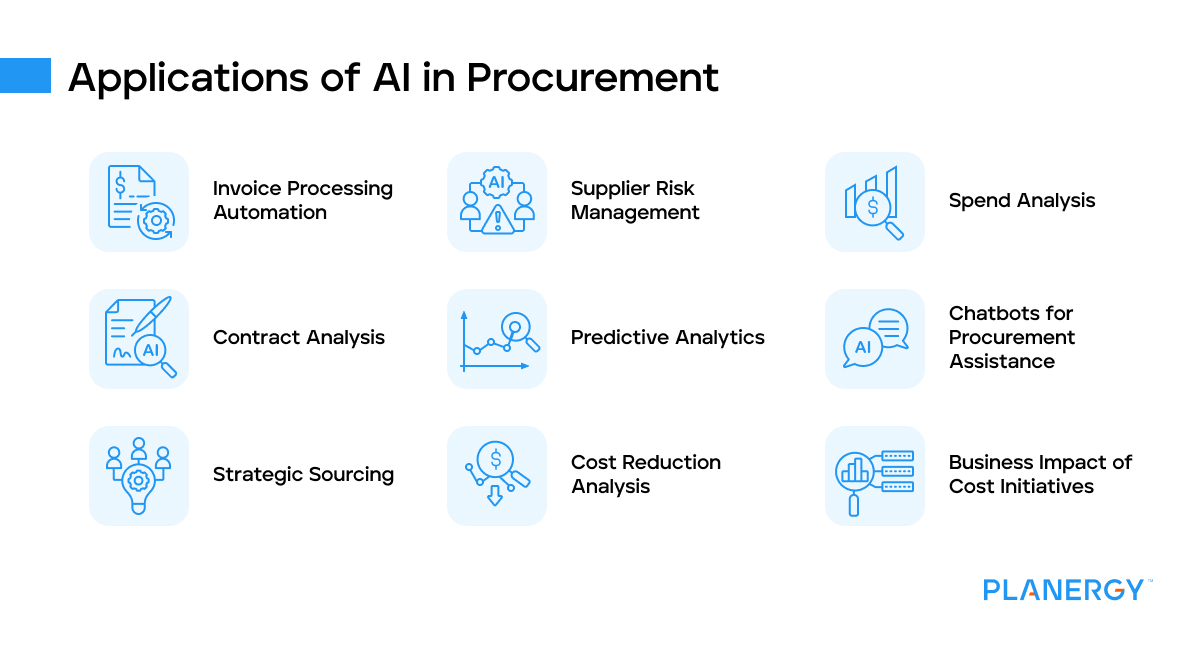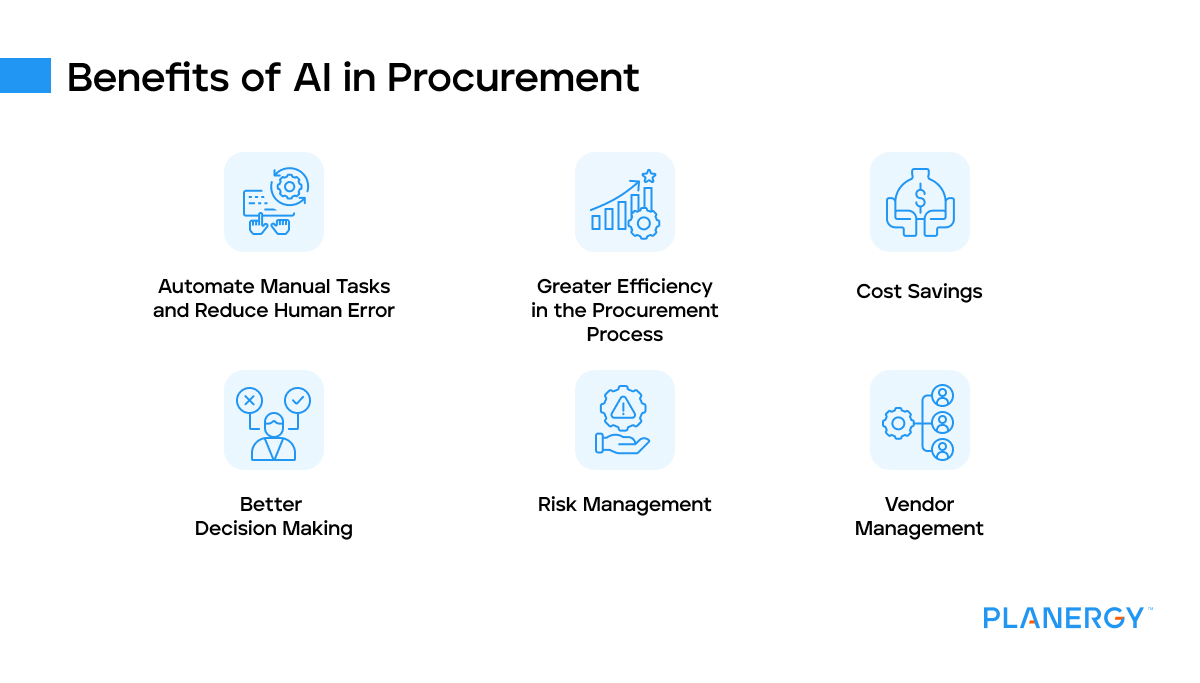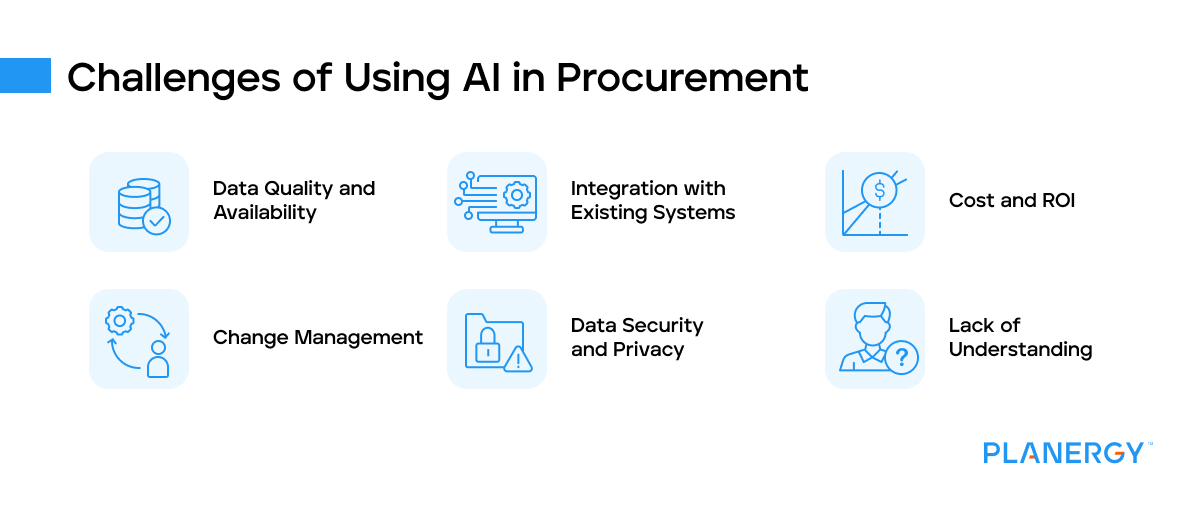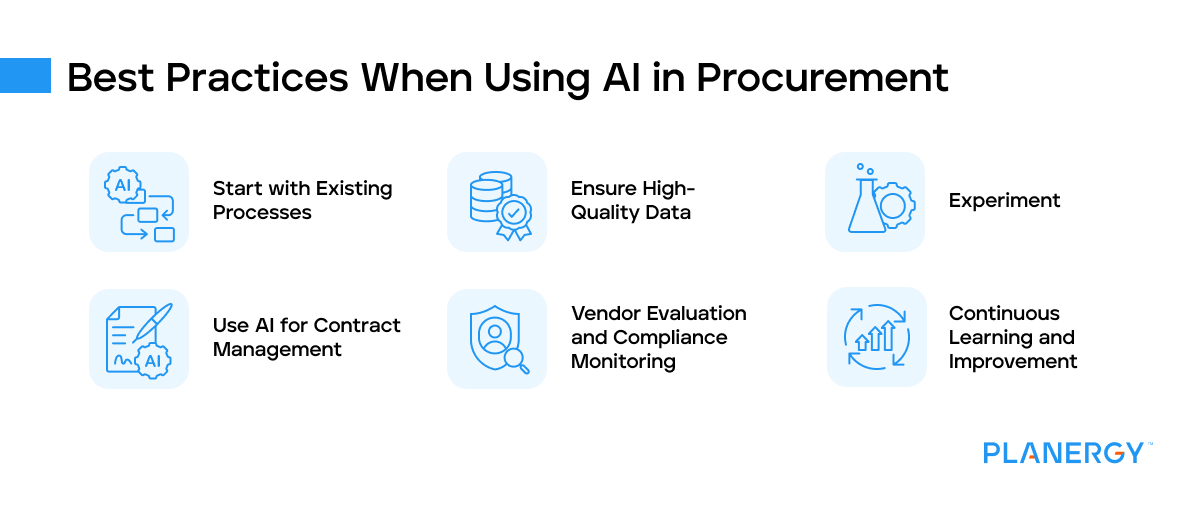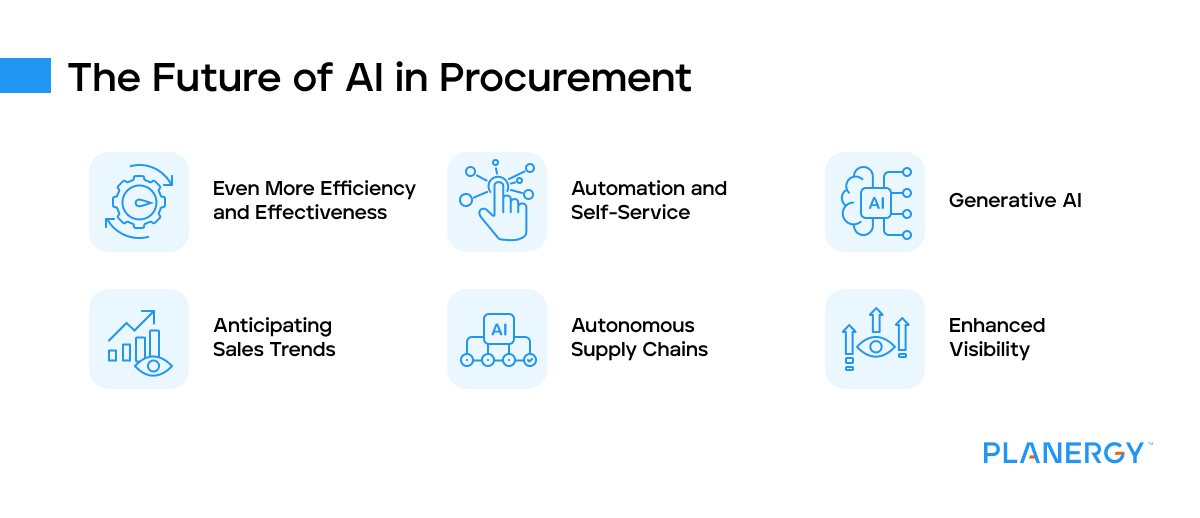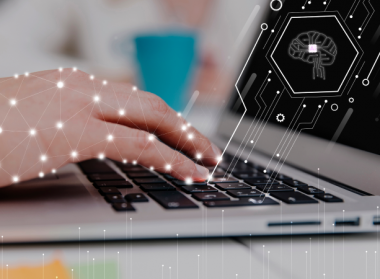AI is being used in various aspects of procurement, including streamlining sourcing, automating contract management, and identifying opportunities for cost savings.
These are also key areas where using AI can improve procurement.
Invoice Processing Automation
AI can be used to automate the processing of vendor invoices in the procurement process. This process is known as AP Automation and now is the perfect time to implement it if you have not already.
Using technologies like Optical Character Recognition (OCR) and NLP, AI can read and understand invoices, match them with purchase orders, and even flag discrepancies for review. This not only speeds up the invoice processing time but also reduces errors and fraud.
PLANERGY includes best in class AP Automation software that links to the procurement data automatically to perform an automated 3-way match to greatly reduce manual tasks and accuracy in invoice processing.
Supplier Risk Management
AI can analyze vast amounts of data from various sources to assess supplier risk.
It can monitor news, social media, financial data, and other information to identify potential risks associated with a supplier, such as financial instability, regulatory issues, or negative sentiment.
This allows procurement teams to proactively manage these risks and take action before they impact the supply chain.
Spend Analysis
AI can be used to streamline spend analysis and deliver quicker insights. It can analyze procurement spend data to identify things like cost-saving opportunities.
It can categorize spend into different categories, identify patterns and trends, and highlight areas where costs can be reduced.
For example, it might identify that a company is spending a lot on a particular category of goods from multiple suppliers and suggest consolidating the spend with a single supplier for better pricing.
Contract Analysis
AI can be used to analyze contractual documents using NLP. It can extract key elements such as terms, conditions, and penalties and highlight any potential risks or anomalies.
This helps procurement teams manage contracts more effectively and ensures compliance with contractual obligations.
Predictive Analytics
AI can be used to forecast future demand based on historical purchasing data, market trends, seasonality, and other factors.
This allows procurement teams to plan their purchasing activities more accurately, reducing the risk of overstock or stockout situations.
Chatbots for Procurement Assistance
AI-powered chatbots can assist procurement teams by answering routine queries, helping create purchase orders, and providing real-time insights.
They can interact with users in natural language, learn from past interactions, and even make recommendations based on their learning.
Strategic Sourcing
AI can play a crucial role in strategic sourcing by providing insights into supplier capabilities, market conditions, and pricing trends.
It can analyze vast amounts of data from various sources to identify the best suppliers, negotiate optimal terms, and monitor supplier performance.
AI can also support decision-making by providing predictive analytics, scenario planning, and real-time insights.
Cost Reduction Analysis
AI identifies all possible ways to save your business money, helping to reduce costs and immediately increase cash flow. It provides a proactive and data-driven approach to identifying cost savings opportunities in procurement.
Business Impact of Cost Initiatives
AI can establish how cost initiatives will impact the bottom line, helping businesses select their best cost initiatives.
By leveraging AI, companies can optimize their spending, improve supplier relationships, and ultimately increase their bottom line.

